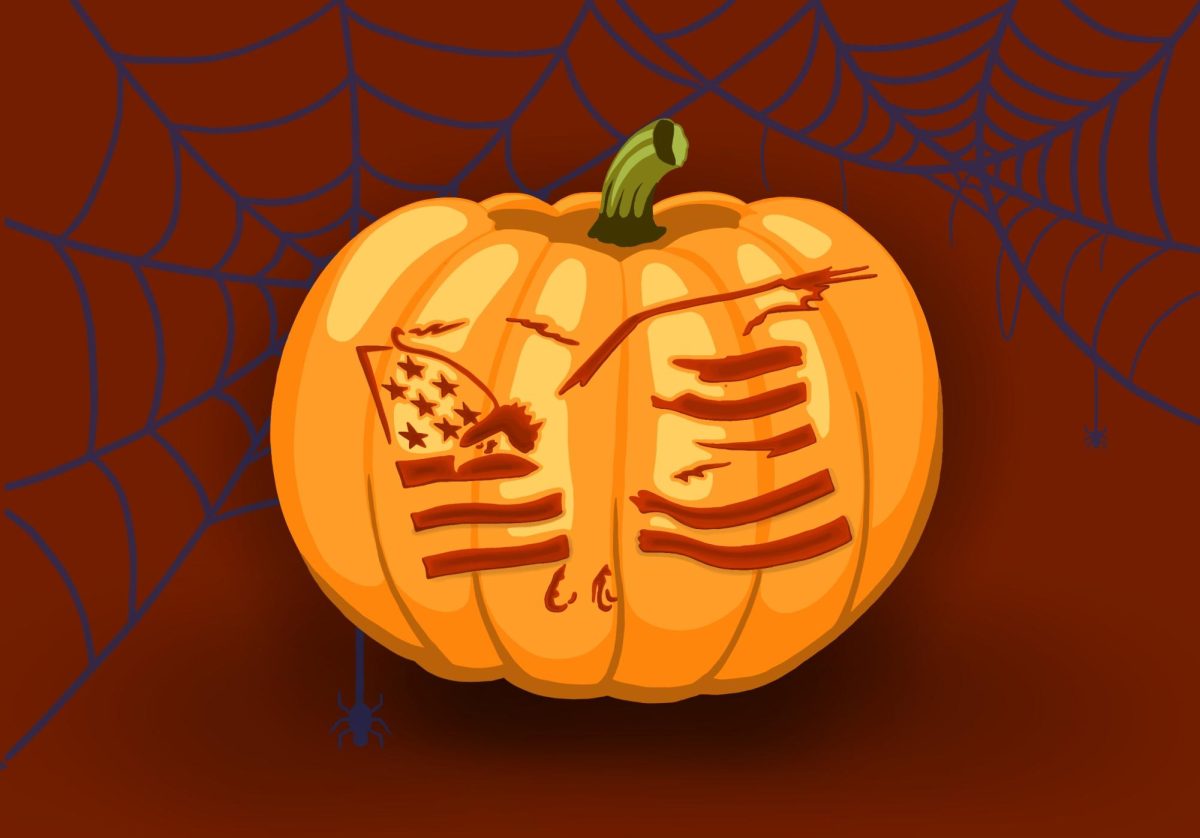As we near the end of American Heart Month, we should reflect on how much our hearts do for us every day. Expressing gratitude for that — or anything else — can improve our well-being and connect with the people around us in deeper ways.
Your heart is the first organ to start functioning early in development, and it never takes a day off until the day you die. For that alone, hearts deserve gratitude for their unending and constant support, on good days and bad.
And, as it turns out, showing gratitude can benefit our little blood engines. The American Heart Association says gratitude practice can help your health by reducing stress, which can in turn reduce blood pressure and even improve immune function.
As practices of self-love continue to gain popularity, showing gratitude to your body for all the things it does for you is becoming more common. This is a good thing, but appreciating and nurturing your physical body is not the whole picture.
Self-love does not need to be self-focused, nor does it have to include mud masks, massages or exercise. These strategies can help, but there are more options at your fingertips that may have deeper and longer-lasting effects.
One of the ways you can truly love yourself is by practicing gratitude. Looking outside of yourself to things, people and circumstances you can be grateful for can be a wonderful way to love and nurture your soul.
When you think of gratitude practice, you may think of writing down a simple list of all the things you are grateful for. This may include your health, your relationships and your pets.
Lists, it turns out, can be a great start. The Earl E. Bakken Center for Spirituality and Healing at the University of Minnesota explored gratitude practice in the form of writing a list and the ‘why’ for each list item for 21 days.
They found the key to gratitude practice is practice. It takes time to see the effects, but once it becomes a habit, they noted it becomes easier to experience gratitude in the moment, which can have a deep, lasting impact and help you weather life’s storms.
The American Heart Association suggests building a list in the following categories is a good way to start: health, eating, activity, relationships and time.
If lists are not your thing, longer-form gratitude practices could be more effective. A 2022 study in Affective Science looked at different types and lengths of gratitude practice and found that longer-form writing exercises like letters were generally more effective than lists. The authors also pointed out that individuals who wrote letters to specific people expressing their gratitude experienced the strongest effects.
Alex Haley, an assistant professor at the Bakken Center, said in an email that his family practices gratitude daily as an important part of their family dinner routine. “My daughter who is five years old often smiles as she talks about her day in kindergarten. Her smile is my daily reminder about why intentionally reflecting on gratitude matters,” he said.
Haley said different people likely benefit from different strategies.
“I generally recommend that if you’re interested in gratitude, then try out a small practice of gratitude and see for yourself if you notice a difference in your own life after trying the practice for a while,” he said. “This practice can be as simple as intentionally saying ‘Thank you. I really appreciate it’ anytime you’re the recipient of an act of kindness.”
He also provided a resource for additional ideas for gratitude practice.
As we near the end of February, we approach the beginning of two long-standing religious periods intended for introspection and re-centering oneself in faith. Lent begins Wednesday for Christians and Ramadan for Muslims starts in late March.
While gratitude practice is typically thought of as secular, it can be easily related to these and more religious practices because self-sacrifice and gratitude are major components of spiritual introspection and living in and reconnecting with faith.
Regardless of if a person is religious, it is remarkable that certain soulful practices can be common among all people. This should not be ignored, especially in recent years when it can feel like society is more fractured than ever.
Gratitude practice can make us kinder and more compassionate to others, resulting in a more connected and supportive society. There is a reason why so many religions have incorporated this practice throughout history.
Haley said this commonality makes sociological sense as well.
“Human beings are social creatures, so it would make sense, at least to me, that being kind and expressing gratitude (especially for past kindnesses received) helps us as a species,” he said. “By recognizing and reflecting upon all the ways that others have benefited our life, we are more likely to be kind and help others in turn.”
Would you like Allison to follow up on this topic or explore something specific? Contact her at [email protected] with questions, comments or story ideas.












